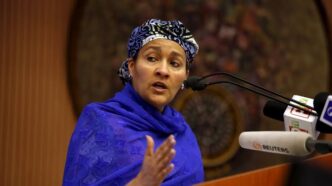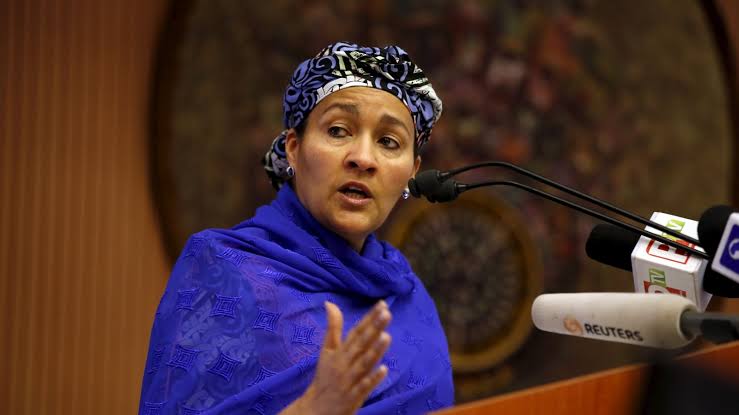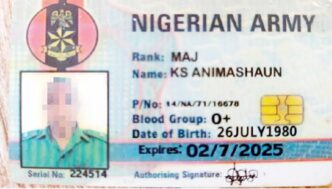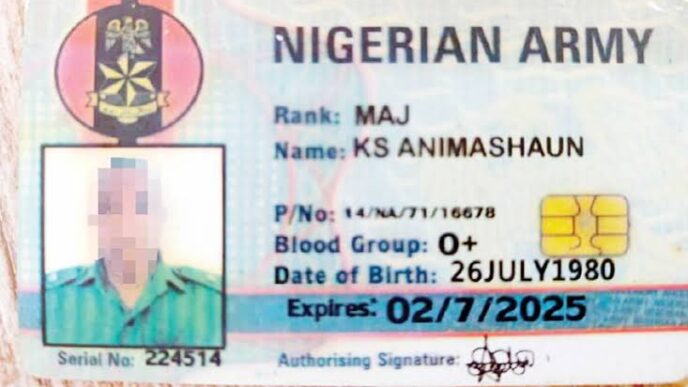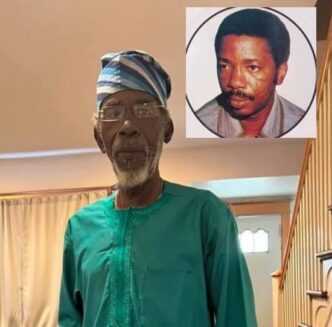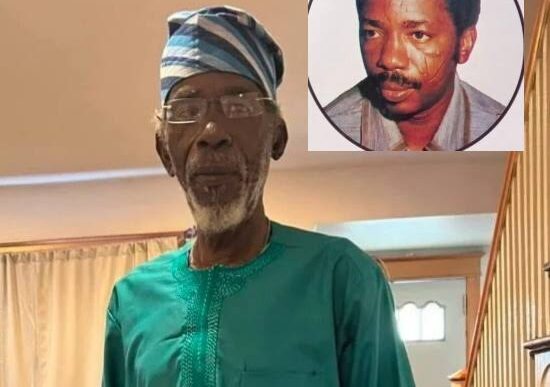Amina Mohammed, the Deputy Secretary-General of the United Nations, emphasised the importance of Africa actively engaging with rapid technological advancements.
Gatekeepers News reports that Mohammed, while speaking at the 2025 Africa Chiefs of Defence Staff Summit in Abuja, highlighted the growing threat posed by insurgent groups that are increasingly leveraging new technologies.
She called for African nations to take initiative and ownership in addressing these challenges, rather than remaining passive.
“Africa is at the epicentre of global terrorism. In this new era of technology, where it should be advancing as a human endeavour, these insurgency groups are using new technologies and improvised explosive devices to wreak havoc.
“We cannot afford to be bystanders. Africa must take ownership, must be proactive, and shape how these tools will be used,” the former environment minister said.
She noted that technology was being misused to spread hate and undermine democracy.
“Elections are manipulated, institutions undermined, and lies are spread until neighbour turns against neighbour. We have seen this before.
“Once it was a radio carrying messages to ignite genocide; today, social media amplifies hate at terrifying speed. Artificial intelligence is already transforming the landscape of security,” Mohammed noted.
According to her, technology also offered solutions, with artificial intelligence being deployed in conflict-ridden countries to identify food insecurity, predict displacement caused by climate shocks, and even detect and clear landmines.
“Soon, they could help us to spot patterns of unrest before violence erupts. Sadly, the same technology that offers solutions also carries profound risks,” she cautioned.
The former minister further spoke about the importance of collaboration across the continent.
“When we act in isolation, we hand our adversaries their greatest advantage, our division. Regional cooperation is the linchpin of Africa’s security and defence. But we also know this is easier said than done.
“Defence collaboration is not simple; we are talking about 54 countries, each with its own policies, histories, priorities, and difficulties. This makes it all the more remarkable that, through the complexity and diversity, African forces still find ways to act together,” she said.

